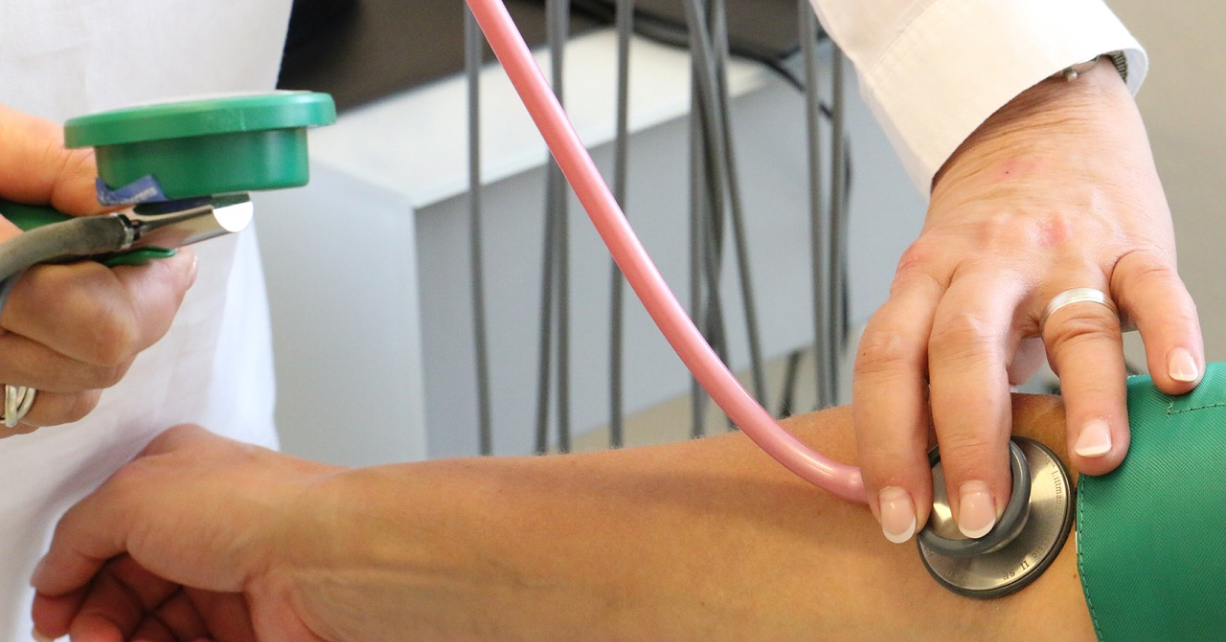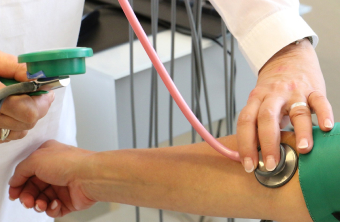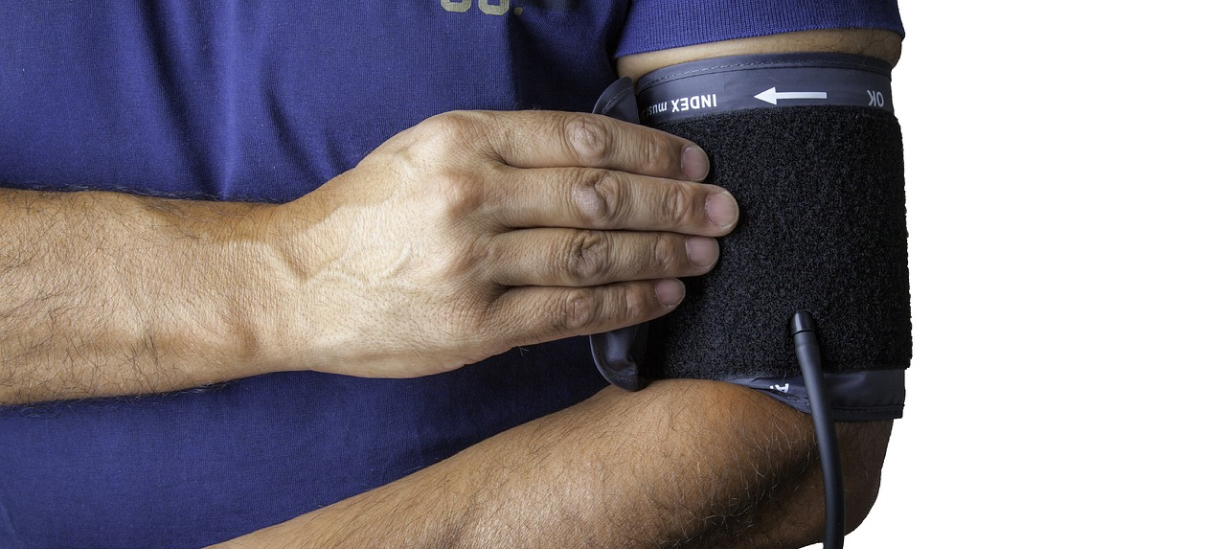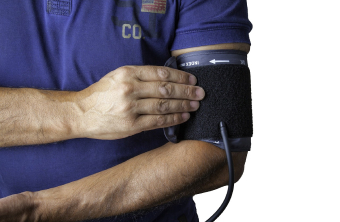

In the hustle and bustle of modern life, health checks can often fall by the wayside. However, with the NHS highlighting high blood pressure as a ‘silent killer’, it’s time to pay attention. Surprisingly, more than a quarter of adults in the UK live with this condition unknowingly, facing increased risks of severe health complications. As we advance in age, the importance of regular health monitoring becomes paramount, particularly for those over 40.
High blood pressure stealthily affects millions, laying the groundwork for potential health crises without obvious symptoms. It’s a leading factor in the development of heart disease, stroke, and other life-threatening conditions. Unfortunately, its silence means many remain unaware of their risk level.
Recognizing the gravity of this issue, the NHS has urged all individuals over 40 to undergo free blood pressure checks. Available at GP surgeries and local pharmacies, these checks are a crucial step in early detection and prevention. Health Minister Andrea Leadsom emphasizes the expansion of the NHS Pharmacy First programme to facilitate these vital assessments.
Understanding what your blood pressure reading means is essential. The NHS defines high blood pressure as readings of 140/90mmHg or higher in a clinical setting and slightly lower thresholds for at-home measurements. Ideally, maintaining a blood pressure between 90/60mmHg and 120/80mmHg is advised, adjusting expectations slightly for those over 80.


While the focus is often on those over 40, data from the ONS reveals a concerning trend of undiagnosed high blood pressure among England’s youth. Astonishingly, a significant portion of young adults, especially men aged 16 to 24, are living with undiagnosed high blood pressure, underscoring the need for wider awareness and checks across all age groups.
Though often silent, certain symptoms can signal high blood pressure, including blurred vision, nosebleeds, and dizziness. Awareness of these signs can prompt timely medical consultation, potentially saving lives.
Beyond age, factors such as lifestyle, diet, and genetics play a significant role in one’s risk of developing high blood pressure. The NHS points to overweight individuals, those with a high-salt diet, insufficient fruit and vegetable intake, and smokers as particularly vulnerable. Ethnicity and family history also influence risk levels, highlighting the need for targeted awareness and prevention efforts.
With the launch of the NHS initiative, taking 22 minutes for a blood pressure check could be a life-saving decision. It’s a small investment in time that offers invaluable insights into your health, empowering you to take proactive steps toward longevity and well-being. Let’s not allow the ‘silent killer’ to go undetected; instead, let’s commit to regular checks and embrace a healthier future.